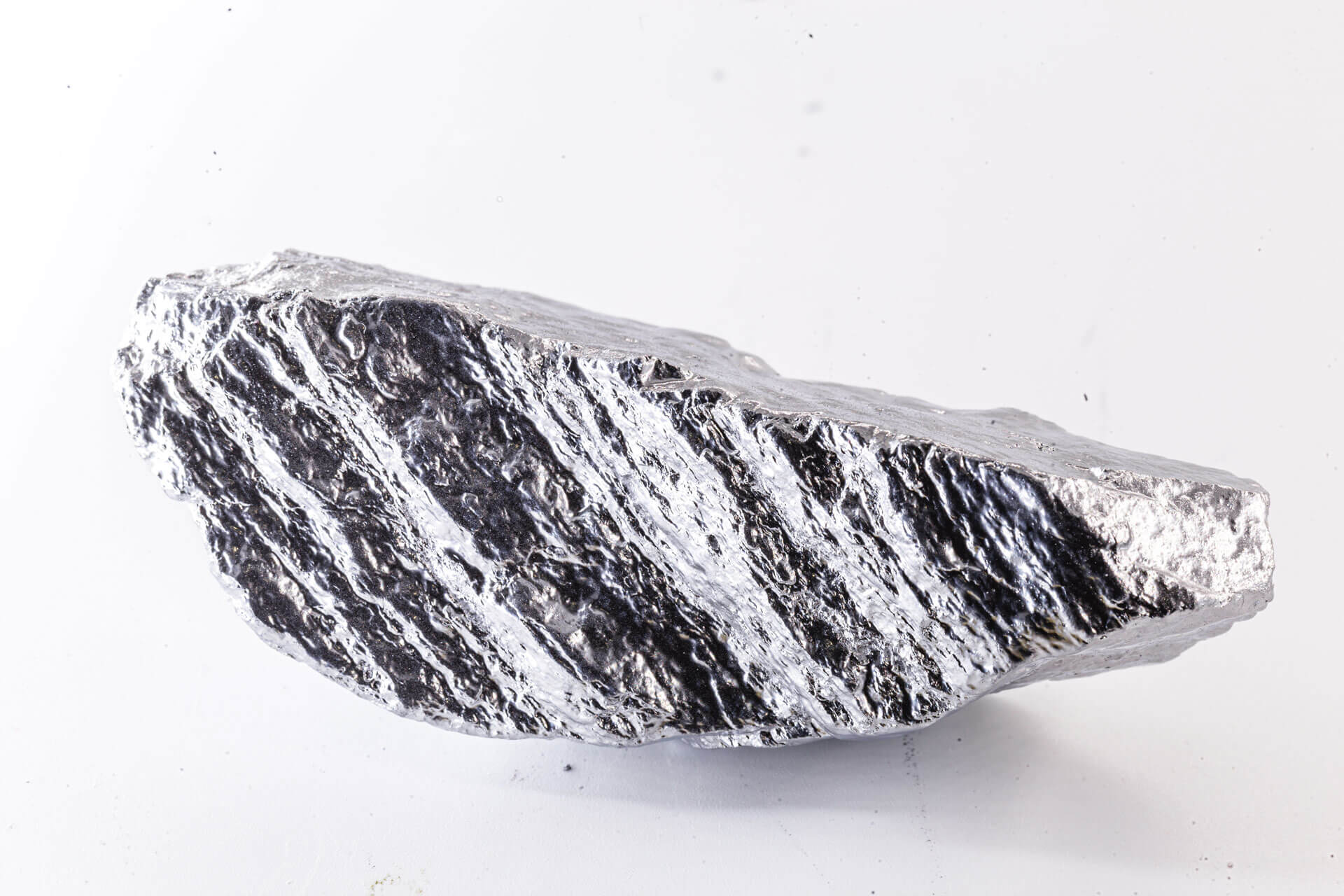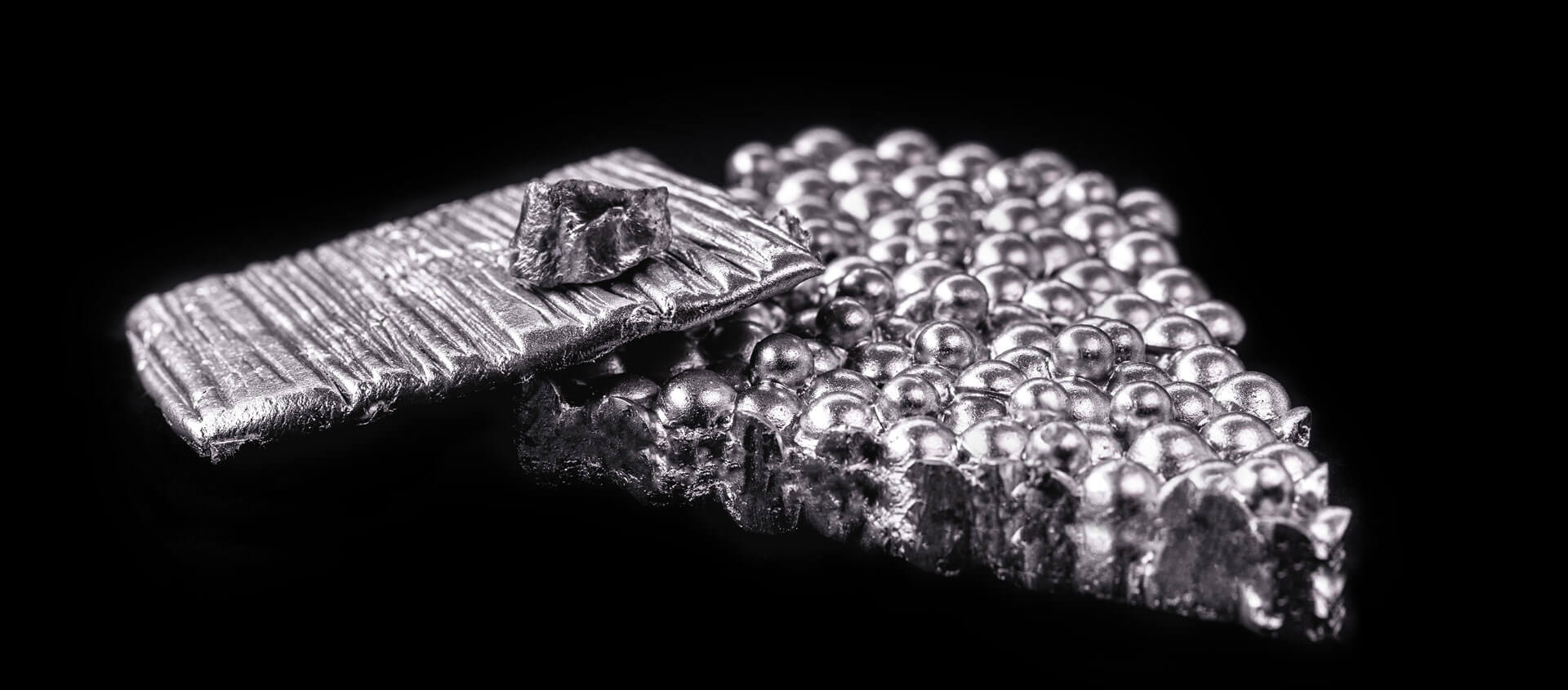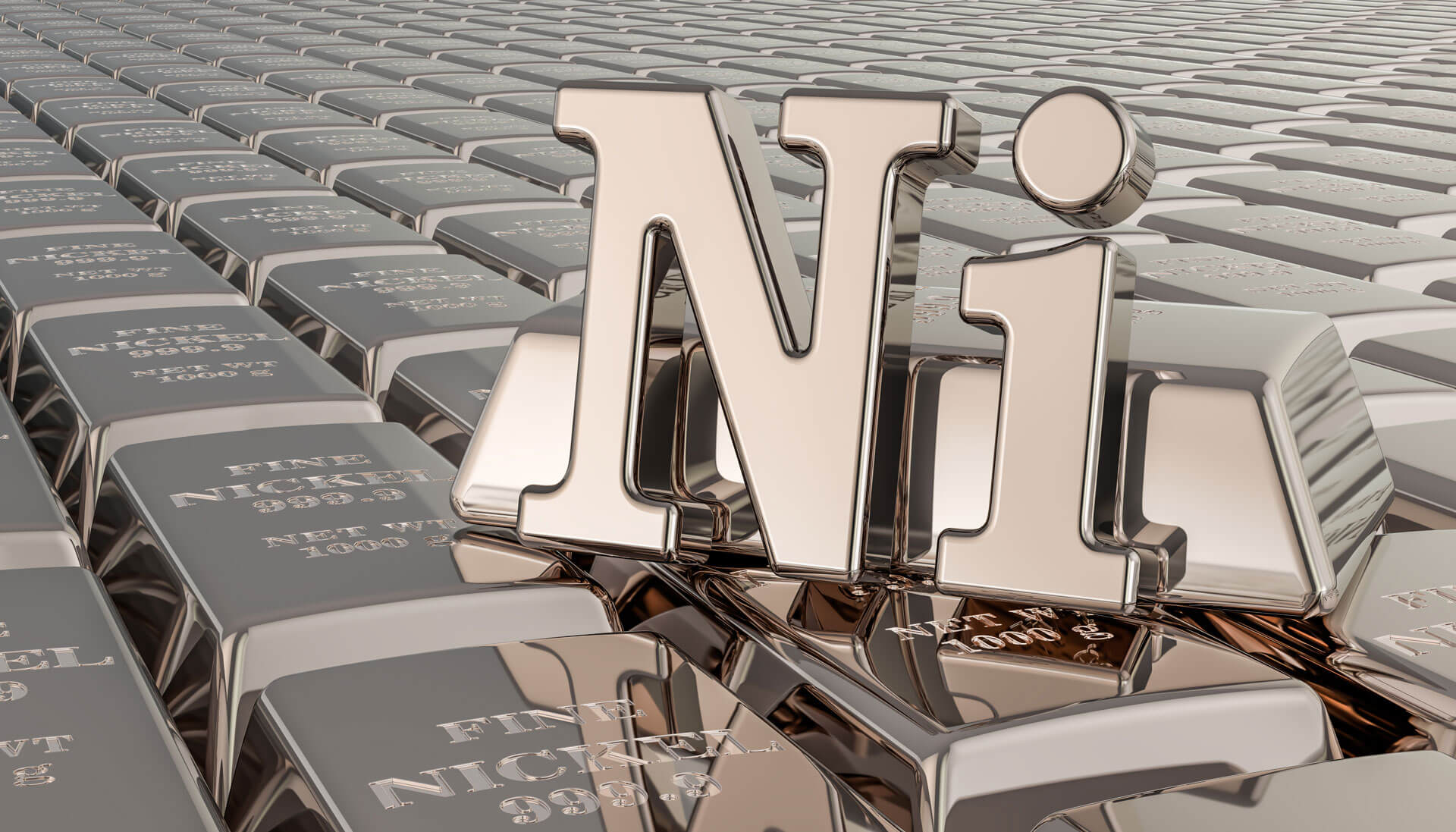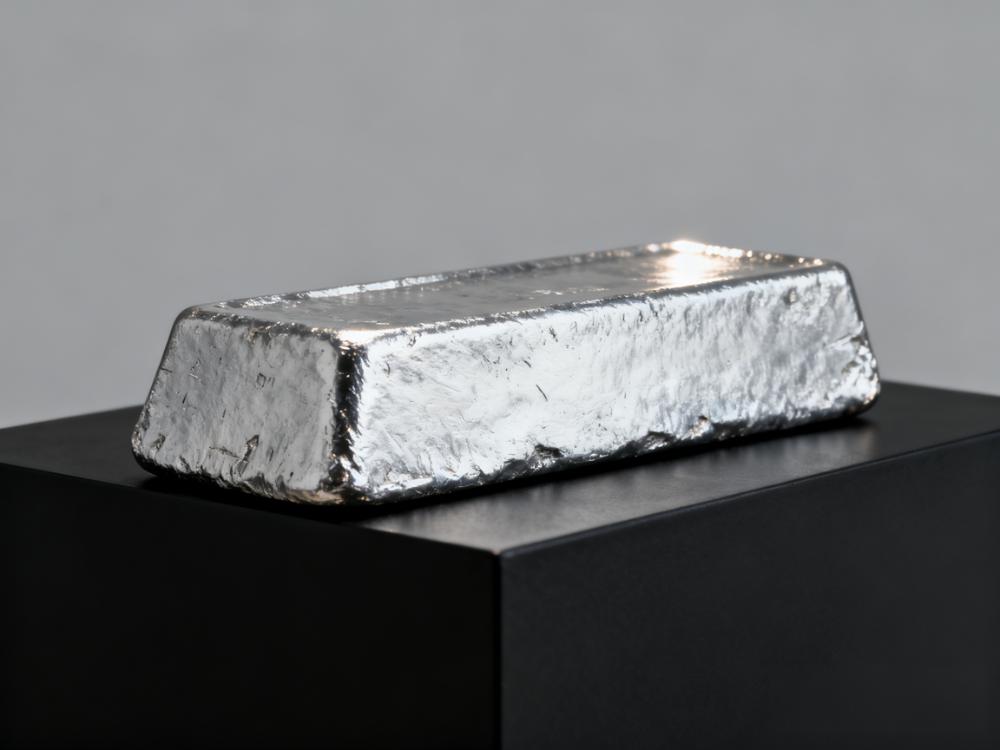According to public data, Weilan New Energy, founded in 2016, is a national high-tech enterprise specializing in the R & D and production of mixed solid-liquid electrolyte lithium-ion batteries and all-solid-state lithium batteries, with a series of core patents and technology. it is the only industrialization platform for solid-state battery technology in the Clean Energy Laboratory of the Institute of Physics of the Chinese Academy of Sciences. At present, Weilan New Energy already has three major production bases in Fangshan, Beijing, Liyang, Jiangsu and Huzhou, Zhejiang.
Weilan new energy products mainly include mixed solid-liquid electrolyte batteries and all-solid-state battery products, mainly used in new energy vehicles and ships, large-scale energy storage, 3C consumption, other industries and other industries.
On January 9 this year, Xilai announced plans to launch a solid-state battery with a range of 1000 kilometers and an energy density of up to 360Wh/kg. According to Ulai, the battery will be delivered in the fourth quarter of 2022.
Weilan New Energy proposed in July that it is building a solid-state power battery production line, which produces batteries in the range of 350-360Wh/kg. In view of this, it seems that this production line is most likely responsible for the solid-state batteries mentioned earlier.
The release of solid-state batteries in Weilai has caused severe shocks in lithium stocks.
This is mainly due to the real sense of solid-state battery, compared with the current mainstream application of liquid lithium battery, solid electrolyte can be used instead of liquid electrolyte and diaphragm, which has a great improvement in energy density and safety. Because there is no or a small amount of liquid electrolyte in solid-state lithium battery, it can inhibit the production of lithium dendrite and is expected to solve the problem of battery short circuit. At the same time, the solid electrolyte has better electrochemical stability and non-flammability, and the solid-state battery can continue to work after direct cutting, puncture and immersion.
However, the agency said that all-solid-state and semi-solid batteries may not be competitive in terms of rate performance and cost, and industrialization will take time. Even if the semi-solid battery is mass-produced on a large scale, it is not expected to have much impact on the existing lithium industry. This is mainly because:
For the battery link, semi-solid is not a subversive innovation. Automotive semi-solid battery and consumer electronics polymer battery technology are homologous, while honeycomb energy conference shows that gel electrolyte and jelly battery have been developed. semi-solid battery technology will not have much impact on the existing pattern; for diaphragms, semi-solid electrolytes still have the risk of failure in effectively blocking positive and negative electrode contact, so diaphragms are still needed. For the negative material link, the silicon-carbon negative electrode is one of the technical reserves of the negative material enterprises; for the electrolyte link, it is only the change of physical form, and the original solute and solvent technology has not changed significantly.
Solid-state battery has become a recognized development direction in the industry.
In addition to Weilan New Energy, Huineng Technology (ProLogium) also recently completed $326 million (2.085 billion yuan) in financing. Investors include Chunhua Capital, Danfeng Capital and Softbank Corp. China.
Huineng Technology is a leading solid-state battery innovation company in the world, which has developed nearly 500 solid-state battery patented technology. its fully automatic solid-state battery trial production line was put into production in 2017 and has shipped at least one million solid-state battery cores to various application markets. product maturity leads the market.
In the application of new energy solid-state batteries, Huineng has reached strategic cooperation with several international mainstream car factories. At present, it has tested and developed large-capacity batteries and shipped more than 7,000 pieces of power solid-state batteries. This round of financing will mainly be used for the company's mass production of solid-state lithium batteries and global production expansion plans in Asia, Europe and the United States between 2023 and 2025 to meet the urgent demand for high-quality power batteries from mainstream automakers.
Solid-state battery has attracted many forces. At present, the main research in China is oxide solid-state battery system, such as Jiangsu Qingtao, Beijing Weilan, Ganfeng lithium industry and so on. Some batteries have been used in small power products such as drones. CATL, Guoxuan Hi-Tech and other head battery factories also have related patents. Overseas, Japanese companies such as Toyota, Honda, Panasonic, Hitachi, Mitsui Chemical and NGK have solid research skills and are expected to achieve mass production of all-solid-state sulphide batteries by 2025; start-ups are mostly involved in the United States.
In terms of material matching, the listed companies of the existing domestic battery system have also been actively laid out, such as high-nickel cathode enterprises when rising technology, Rongbai technology, ultra-high nickel precursor enterprises Green Mei, Zhongwei shares, silicon-carbon negative electrode enterprise Bertre, electrolyte leading God-sent Materials and New Zebang have all developed solid electrolyte materials, and diaphragm leader Enjie shares have also specially developed special diaphragms that can support solid electrolytes.




